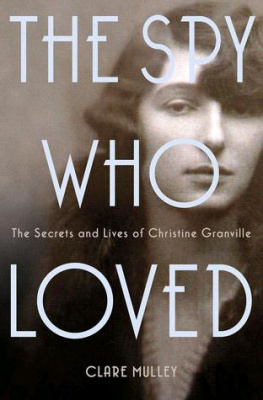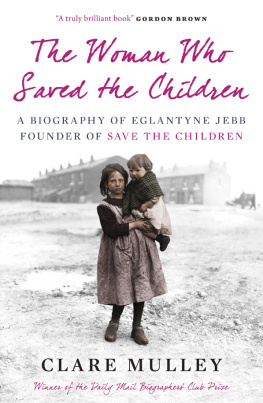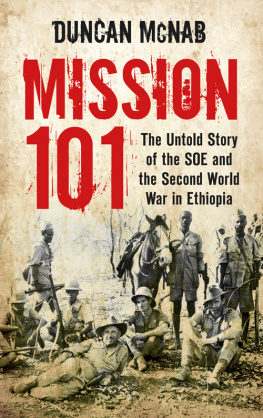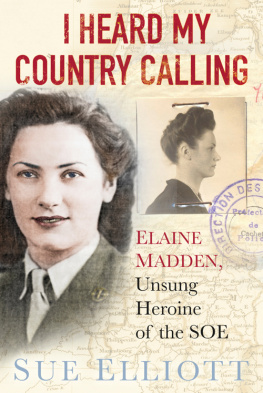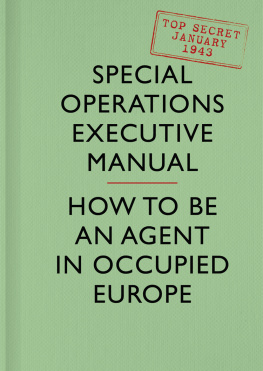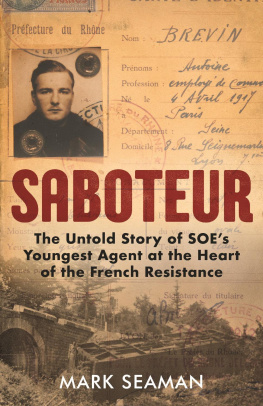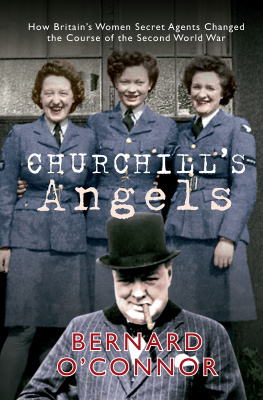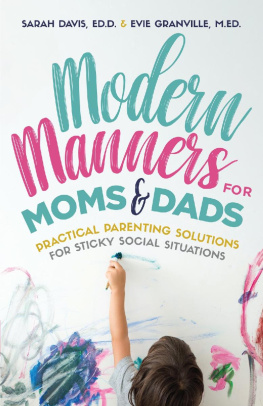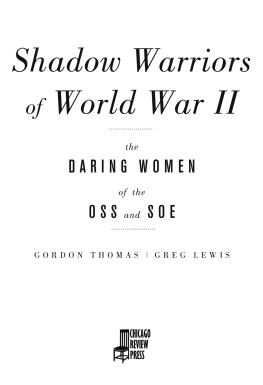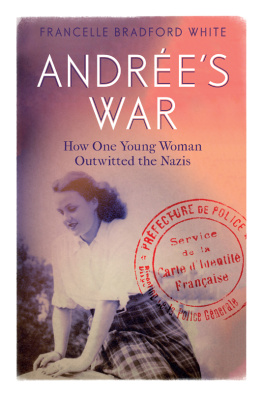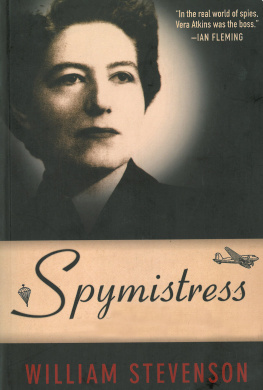
The author and publisher have provided this e-book to you for your personal use only. You may not make this e-book publicly available in any way. Copyright infringement is against the law. If you believe the copy of this e-book you are reading infringes on the authors copyright, please notify the publisher at: us.macmillanusa.com/piracy.
Contents
1:
2:
3:
4:
5:
6:
7:
8:
9:
10:
11:
12:
13:
14:
15:
16:
17:
To my parents, Gill and Derek Mulley, who watched the sky turn red over London during the Blitz, and have reached out for better international relations ever since.
A few rare people, who live for action, are never in any doubt what they should do. For them capture is always unbearable and escape their only interest from the start.
A IDAN C RAWLEY
In the high ranges of Secret Service work the actual facts in many cases were in every respect equal to the most fantastic inventions of romance and melodrama.
W INSTON C HURCHILL
A CKNOWLEDGEMENTS
Thank you Ian, for your kindness and cleverness, and the wonderful Kate, Gill and Derek Mulley, Michelle Wheeler and George Morley, for all their excellent editing. Thanks also to my agent, Andrew Lownie, who first introduced me to Christine.
This book could not have been written without the generous support of many people who knew Christine and her circle, and their relatives, including Countess Mary Skarbek and Count Andrew Skarbek, Elizabeth Skarbek, Maria Pienkowska, Count Jan Ledchowski, Christine Isabelle Cole, Suzanna Gayford, Christopher Kasparek, Jane Bigman-Hartley, Ann Bonsor, Julian de Boscari, Tim Buckmaster, Harriet Crawley, Diana Hall, Eva Hryniewicz, Daniel Huillier, Krystian Jelowicki, Princess Renata Lubomirski, Zbigniew Mieczkowski, Steven Muldowney, Izabela Muszkowska, Countess Jolanta Mycielska, Maria Nurowska, Ann ORegan, Margaret Pawley, Julian Pope, Ivor Porter, Noreen Riols, Teresa Robinska, Krystyna Sass, Matt Smolenski, Tom Sweet-Escott, Ada Tarnowska, Andrew Tarnowski, Dorothy Wakely, Michael Ward, Joanna Cammaerts-Wey, Katharine Whitehorn, Sarah Willert and Virginia Worsley. Thank you all for taking the time to share your memories and family stories.
My very sincere thanks are also due to the very knowledgeable and generous Dr Jeffrey Bines, oral historian Martyn Cox, the late SOE historian M. R. D. Foot, former coder Maureen Gadd, Nicholas Gibbs, Maciek and Iwona Helfer, Major Chris Hunter, Krystyna Kaplan, SOE historian Steven Kippax, Michal Komar, Captain Kozac, Christines Polish biographer Colonel Jan Larecki, Warsaw genealogist Tomasz Lenczewski, Eugenia Maresch, Dr Michael Peske, Monika Plichta, Dominik Rettinger-Wieczorkowski, Ian Sayer, Albertine Sharples, Dr David Stafford, Dr Penny Starns, Benita Stoney, Bczkowice parish priest Henryk Szymanski, Anna Teicher, and film director Mieczysawa Wazacz, as well as the archivists and historians at the British Library; the Imperial War Museum; the Liddell Hart Centre for Military Archives, Kings College London; Le Muse de la Rsistance de Vassieux-en-Vercors, France; the Museum of Pawiak Prison; the National Archives, Kew; the Polish Underground Movement Study Trust, London; the Warsaw Royal Castle archive; the Warsaw Uprising Museum; and specifically to Susan Tomkins, archivist at Beaulieu; Duncan Stuart, former chairman of the Special Forces Clubs Historical Sub-Committee; Dr Wadysaw Buhak and Natalia Jarska at the Institute of National Remembrance, Warsaw; and Krzysztof Barbarski and Dr Andrzej Suchcitz at the Polish Institute and Sikorski Museum, London.


Preface: Stories of Trust and Betrayal
In 1973, twenty-one years after Christine Granvilles tragic death, two of her lovers entered into a studiously polite, and short-lived, correspondence. The Polish count Wladimir Ledchowski thanked his compatriot and former fellow special agent Andrzej Kowerski for his willingness to cooperate in a book about Christine. Ledchowski wrote optimistically that he took Kowerskis cautious promise of help as a token of your trust. But there was little real trust between these old rivals, and the rest of the letter was set out in neat points, clarifying their agreed approval process for any manuscript to be written about Christine.
Ledchowski had suggested that he and Kowerski set up what he called a Club of the Saved, composed exclusively of those men whose lives had been saved by Christine, several of whom, he had added with a twinkle in his eye, had been saved in more ways than one.
Ledchowski was now surprised to learn that there was already a Christine-focused gentlemens club in place, with a slightly different remit, and that membership had not been extended to him. Kowerski and four wartime friends, Cammaerts, John Roper, Patrick Howarth and Michal Gradowski (aka Michael Lis), had set up the Panel to Protect the Memory of Christine Granville soon after her death in 1952.
Moss, who had already published an account of one of his own wartime SOE missions in the book Ill Met By Moonlight, recognized a good story and was planning a full biography and screenplay for a biopic to star Winston Churchills actress daughter Sarah. Moss never resolved the issues and the project was shelved.
Twenty years later Ledchowski decided to pick up the torch and was seeking Kowerskis support for his own biographical project. The last clause in the agreement between them specified that, in case of condemnation of the manuscript, the book was not to be published. Ledchowski honoured his word, however, and his manuscript was never completed or published.
1: BORDERLANDS
Perhaps appropriately for a secret agent, the deceptions and confusions that surround Christines life start with her birth. In fact Christine arrived in the world on Friday 1 May 1908. One of her fathers childhood nicknames for her was little star, but she was born at her mothers family house on Zielna Street, in central Warsaw, now the capital of Poland. Then, however, Warsaw was technically in Russia. Poland as we know it today was not a recognized country: apart from a brief reappearance, courtesy of Napoleon, for more than a century Poland had been partitioned into three sections, each of them subsumed into the empires of Russia, Austro-Hungary and Prussia. Christine was born into a family of aristocratic patriots, loyal to a country that would not officially exist again until she was ten years old.
She was a small and seemingly frail baby, so frail in fact that her parents feared for her life, and she was hastily baptized Maria Krystyna Janina Skarbek by a local priest less than two weeks after her birth. Five years later, Christine would go through the rite a second time in Bczkowice, where her parents had moved in 1913. The record of this second event has somehow survived in the local parish archive despite a series of wars and regime changes. Written in Russian, it was dated with the Russian Julian and Polish Gregorian calendars, as both the 17 and 30 November 1913. The Church does not officially sanction second baptisms, but Christines parents, one a rather lapsed Roman Catholic, the other a non-practising Jew, had long wanted a more elaborate celebration of their daughters arrival than had been possible at her birth. Their move out of Warsaw had conveniently provided a new local parish priest with whom to make arrangements.
Next page
